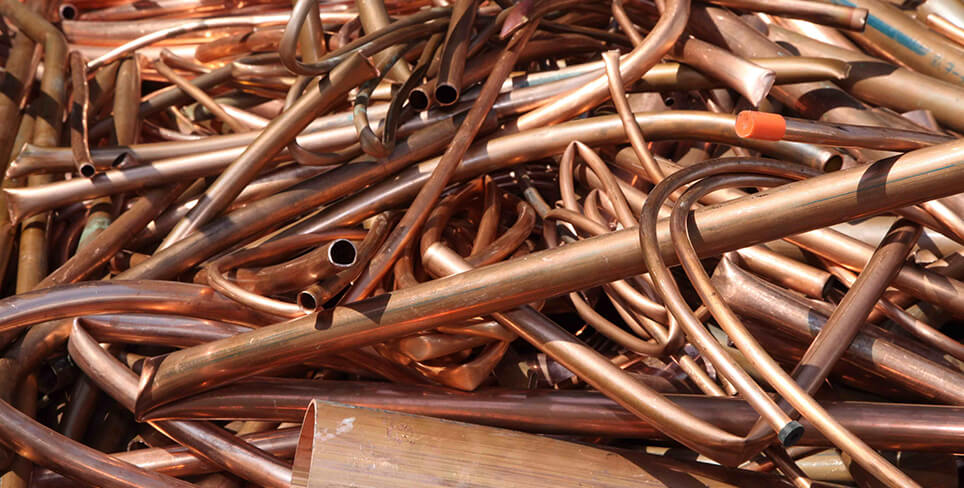Scrap metal recycling is an essential industry that provides numerous benefits for both the environment and the economy. Recycling scrap metal helps to reduce the amount of waste in landfills and conserves natural resources by using recycled materials in the production of new products. Additionally, the recycling industry creates jobs and generates revenue for local economies. In this article, we will discuss the benefits of recycling scrap metal.
Conservation of Natural Resources
Scrap metal recycling helps to conserve natural resources by reducing the need for virgin materials in the production of new products. The production of new metal requires large amounts of energy and resources, such as water, oil, and coal. Recycling scrap metal reduces the need for these resources and helps to conserve them for future generations.
Reduction of Landfill Waste
Recycling scrap metal helps to reduce the amount of waste in landfills. Scrap metal is a significant component of landfill waste, and it can take years to decompose. By recycling scrap metal, we can reduce the amount of waste sent to landfills and promote a more sustainable approach to waste management.
Reduction of Greenhouse Gas Emissions
Recycling scrap metal also helps to reduce greenhouse gas emissions. The production of new metal releases significant amounts of carbon dioxide into the atmosphere, contributing to climate change. Recycling scrap metal requires much less energy and produces fewer greenhouse gas emissions, making it a more environmentally friendly option.
Job Creation
The scrap metal recycling industry creates jobs and generates revenue for local economies. Recycling facilities employ workers in various roles, including sorting, processing, and transportation. Additionally, the industry creates jobs in related fields such as manufacturing, construction, and engineering. Recycling also generates revenue for local economies by selling recycled materials to manufacturers.
Economic Benefits
The recycling industry provides significant economic benefits to communities. According to the Institute of Scrap Recycling Industries, the industry generates more than $105 billion in economic activity in the United States alone. Additionally, the industry creates jobs and provides a source of revenue for local governments through taxes and fees.
Positive Environmental Impact
Recycling scrap metal has a positive environmental impact by reducing the need for virgin materials and reducing waste in landfills. Additionally, recycling helps to conserve energy and natural resources, reducing the impact of resource extraction on the environment. By promoting recycling, we can reduce our environmental footprint and create a more sustainable future.
Types of Scrap Metal
Scrap metal can come in many forms, including ferrous and non-ferrous metals. Ferrous metals include iron and steel, while non-ferrous metals include aluminum, copper, brass, and stainless steel. Both ferrous and non-ferrous metals can be recycled, and the recycling process can vary depending on the type of metal.
The Recycling Process
The recycling process for scrap metal typically involves four steps: collection, sorting, processing, and marketing. Scrap metal is collected from various sources, including construction sites, manufacturing facilities, and individual households. Once collected, the metal is sorted by type and processed into a form suitable for recycling. The processed metal is then sold to manufacturers, who use the recycled material in the production of new products.
For More Info:-
Strap Car Collection Chelmsford





Comments